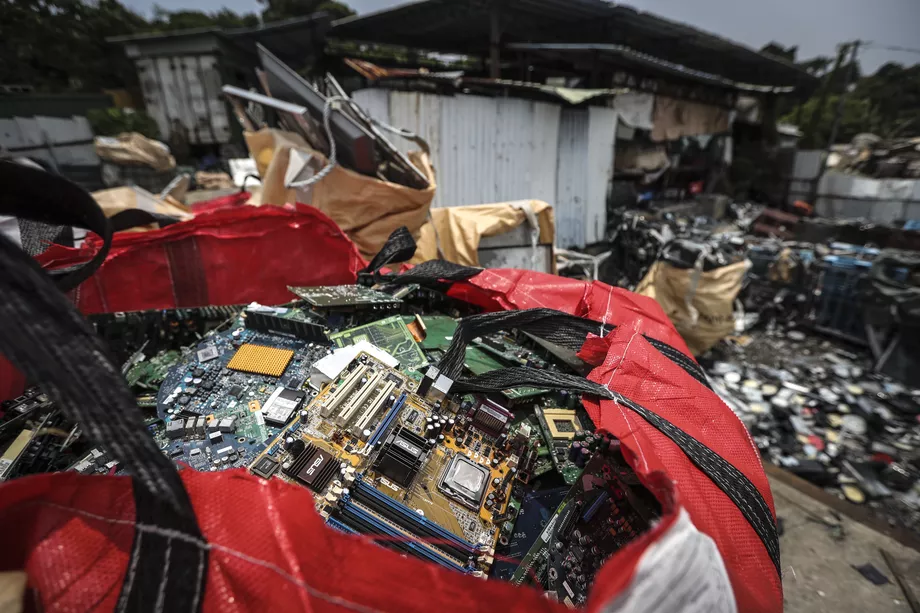
An estimated 54 million tons of electronic waste are produced annually and we hope to draw people’s attention to this issue, as well as to the consequences of obtaining the materials (including conflict minerals) and disposing of the waste after a very short life-span of usability.
Young people are very receptive to this message as it is often young people in developing countries who are involved in the mining and the waste processing, working in difficult and dangerous circumstances. Young people in rich countries like the UK are subjected to intensive marketing to obtain the latest electronic gadgets and games, which contain more and more sophisticated surveillance tools to profile their user’s lives, and are designed to produce habit-forming behaviour in even very young users. Yet we have less and less control over -or understanding of- the workings of our technology. Often, the technology seems to control the user now, instead of the other way around.